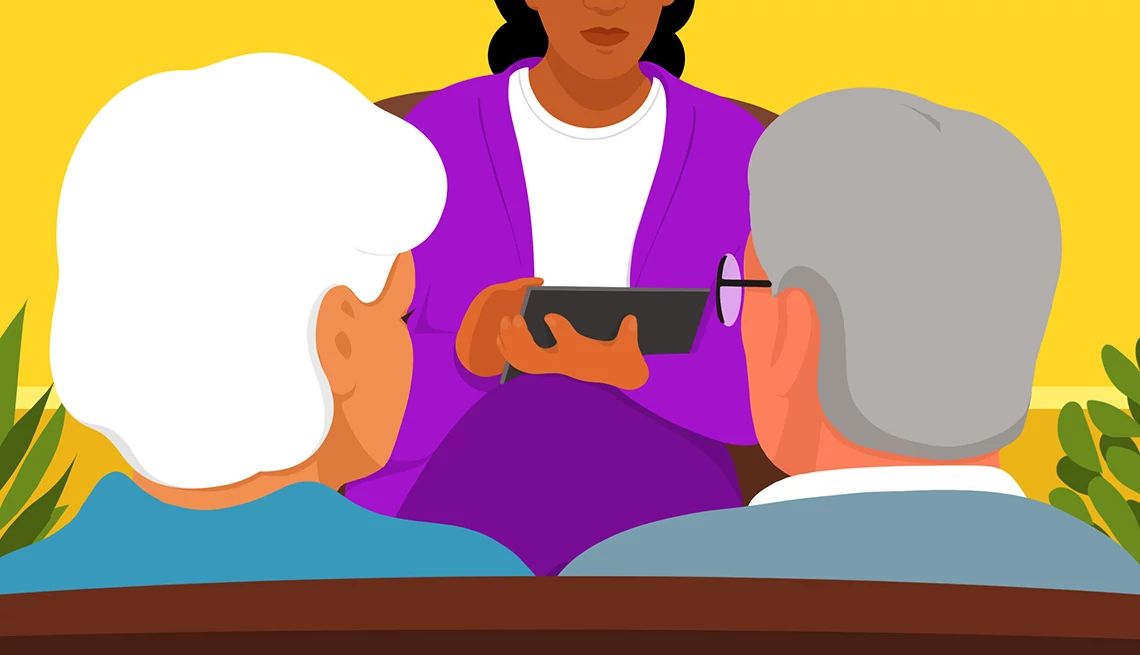AARP Hearing Center


I wish my late husband and I had explored sex therapy during our 20-year relationship. Like any other couple, we faced some intimacy challenges — my plummeting libido when I entered menopause, his lack of stamina after lung disease took hold.
I now know these are fairly common issues that sex therapists can help couples work through. In this week's column, our sexuality experts spell out the main reasons 50-plus adults seek out a sex therapist, what to expect in a session, and how to know when it should be your next move.
Under what circumstances should a couple consider seeing a sex therapist and what issues are they trained to resolve? Also, how do you identify one who is qualified and professional?
The toughest part of sex therapy is often just setting up the appointment and walking through that door for the first time, according to certified sex therapist Chris F. Fariello.
As Fariello frames it: "When couples come to us, they’re often desperate for some relief. Once in the room, they recognize that they need us — and that we can help."
How to know it's time to see a sex therapist
If you and your partner have tried to work on an intimacy issue and are unable to resolve it, a therapist can help, says certified sex therapist Emily Jamea.
And, there's no shame in not knowing how to fix it; it's a topic most people don’t know how to approach. “There's not a lot of education or role modeling on how to talk through sexual issues” as couples, says Jamea, author of Anatomy of Desire: Five Secrets to Create Connection and Cultivate Passion. "Sex therapists are trained to facilitate a conversation around that."


In the Mood
For AARP’s In the Mood column, writer Ellen Uzelac will ask experts your most pressing 50+ sex and relationship questions. Uzelac is the former West Coast bureau chief for The Baltimore Sun. She writes frequently on sex, relationships, travel and lifestyle issues.
The usual issues that drive couples into sex therapy
Prepare yourself. It's a long list.
Desire discrepancy — where one person has more sexual desire than the other — is the No. 1 reason Fariello finds couples in his office.
Other issues that therapists are trained to address, Fariello says:
- sexual dysfunction such as premature ejaculation and erectile dysfunction
- infidelity
- compulsive sexual behavior
- figuring out sexual orientation
- introducing kink
- interest in polyamory
- open relationships outside of monogamy
Working through feelings plays a big part
Licensed clinical psychologist Rachel Needle says therapists help clients work through their emotions, often collaborating with other health care providers if medical or physical factors are involved.




































































You Might Also Like
Where to Find the Best Sex Toys
Sex toys can add sizzle to your sex life. Our experts tell you how to shop for themCan You Orgasm Without an Erection?
Plus, is it possible to masturbate too much?Does Exercise Affect Sex Drive?
Plus, how to prevent premature ejaculation